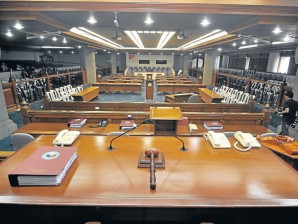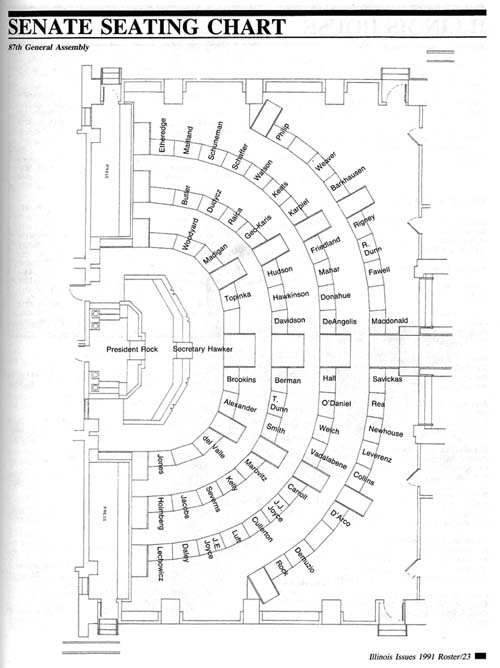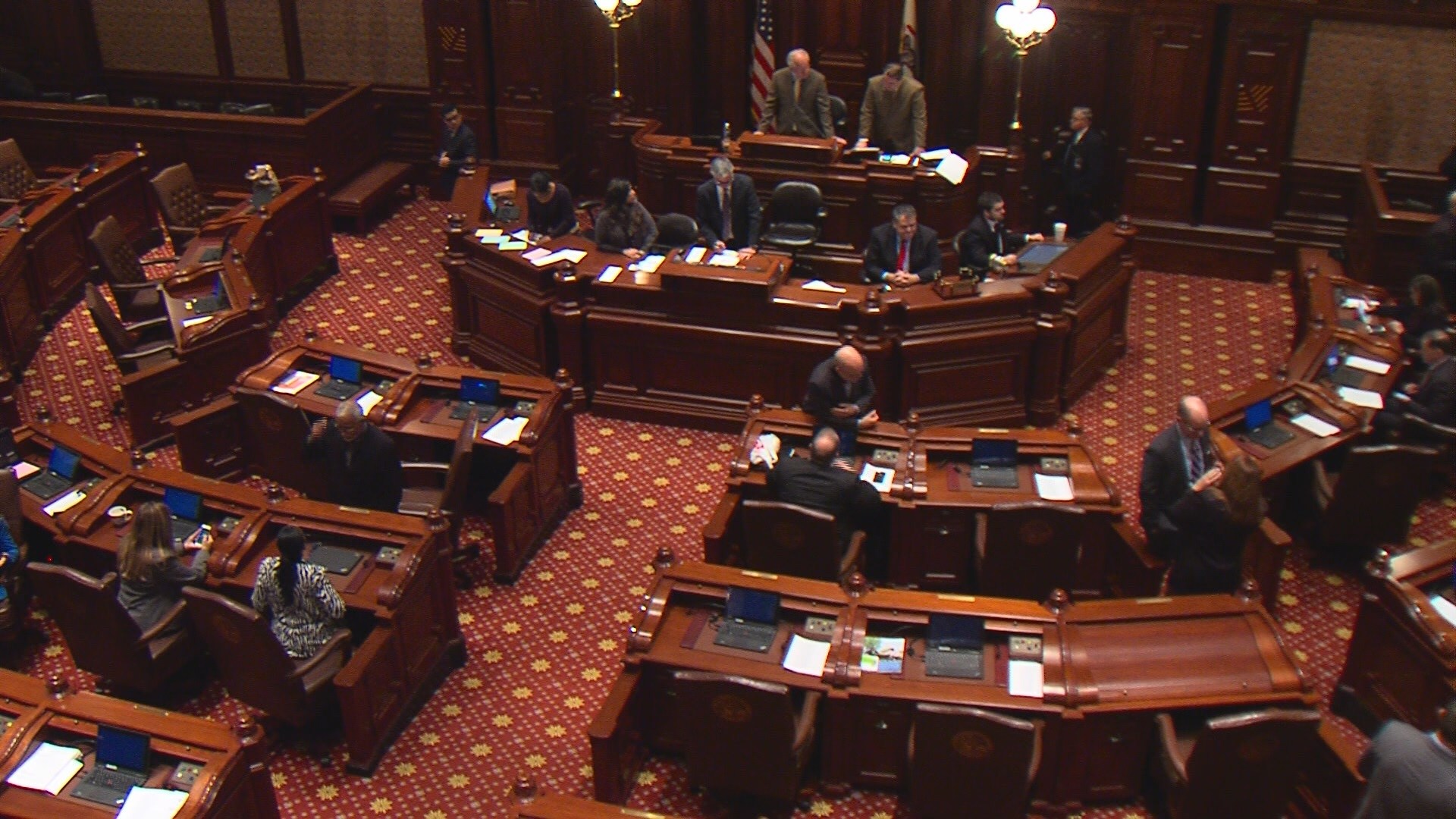

only eligible for requests from Senate Democratic and House Democratic caucuses?” Demmer asked. “So we have $1 billion dollars of new capital projects that have been available but it appears that they were. Harris said it’s the “normal process” in which lawmakers and state agencies make requests for work to be done. Tom Demmer of Dixon, the House Republicans’ budget negotiator, questioned Harris as to how projects are chosen. The ARPA cache is also providing $1 billion for additional construction projects heading into the 2022 election season, money that would be spent in addition to the ongoing, $51 billion “Rebuild Illinois” infrastructure plan approved in 2019. Pritzker and legislative leaders announced 10 days ago that they'd pay that loan off early, saving $100 million in interest. The state owed $1.2 billion - payable by December 2023 - on a $3.2 billion federal loan last summer at the pandemic's nadir. ARPA would provide $100 million to pay interest on that loan, but principal retirement would wait.īut another huge debt is off the books. Illinois borrowed $5 billion from the federal government to pay unemployment benefits for those the pandemic displaced. The ailing tourism and hospitality industries would receive $578 million. Hundreds of millions of dollars would be reserved for the Department of Human Services for programs to help the homeless, prevent suicide, counsel schoolchildren through the last year's trauma, and provide services “for our first responders who have gone through a year of hell and deserve all the support we can give them," Harris said. Pandemic-battered sectors of the state would get $1.5 billion from Illinois' allotment of American Rescue Plan Act. In February, Pritzker proposed eliminating eight incentive programs to save $1 billion. Their reward came in the form of a Pritzker concession to cut fewer of the business and job-producing incentives they negotiated in 2019 with the Democrat, tax breaks the governor touted then but now calls unaffordable “loopholes.” Democrats crafting the budget were planning to cut three programs to generate $636 million in additional revenue. As revenues continued to outpace predictions, they persisted in their claims that Pritzker had more than enough money. Republicans denounced the ballot initiative as a blank check for free-spending Democrats, who control both houses of the General Assembly as well as the governor’s office. The state's budget plan this year offers a far rosier picture than the “pain” - deep budget cuts - Pritzker predicted were inevitable after voters soundly rejected his proposed constitutional amendment in November to allow a graduated income tax system that hit the wealthier harder and would generate $3 billion extra a year. “We’re very lucky our revenues came up," said Harris, a Chicago Democrat. Pritzker initially said would need to be skipped for a second year in a row. House Majority Leader Greg Harris pronounced a balanced budget which also reinstates the $350 million extra for public schools that was promised annually in a 2017 school-funding overhaul, but which Gov.

The plan assembled on the final scheduled day of the spring session incorporates just a portion of the $8 billion Illinois expects in COVID-19 relief money Congress approved last winter - but that pot includes $1 billion in additional construction projects, a fund known only to Democrats until Monday. Sign up for the weekly Chicago Catch-Up newsletter here.

Feeling out of the loop? We'll catch you up on the Chicago news you need to know.


 0 kommentar(er)
0 kommentar(er)
